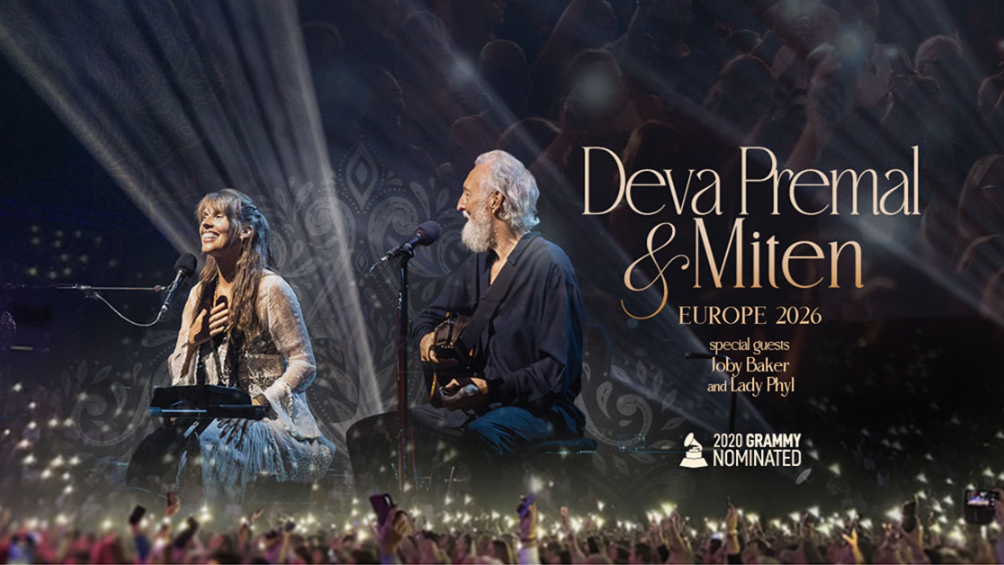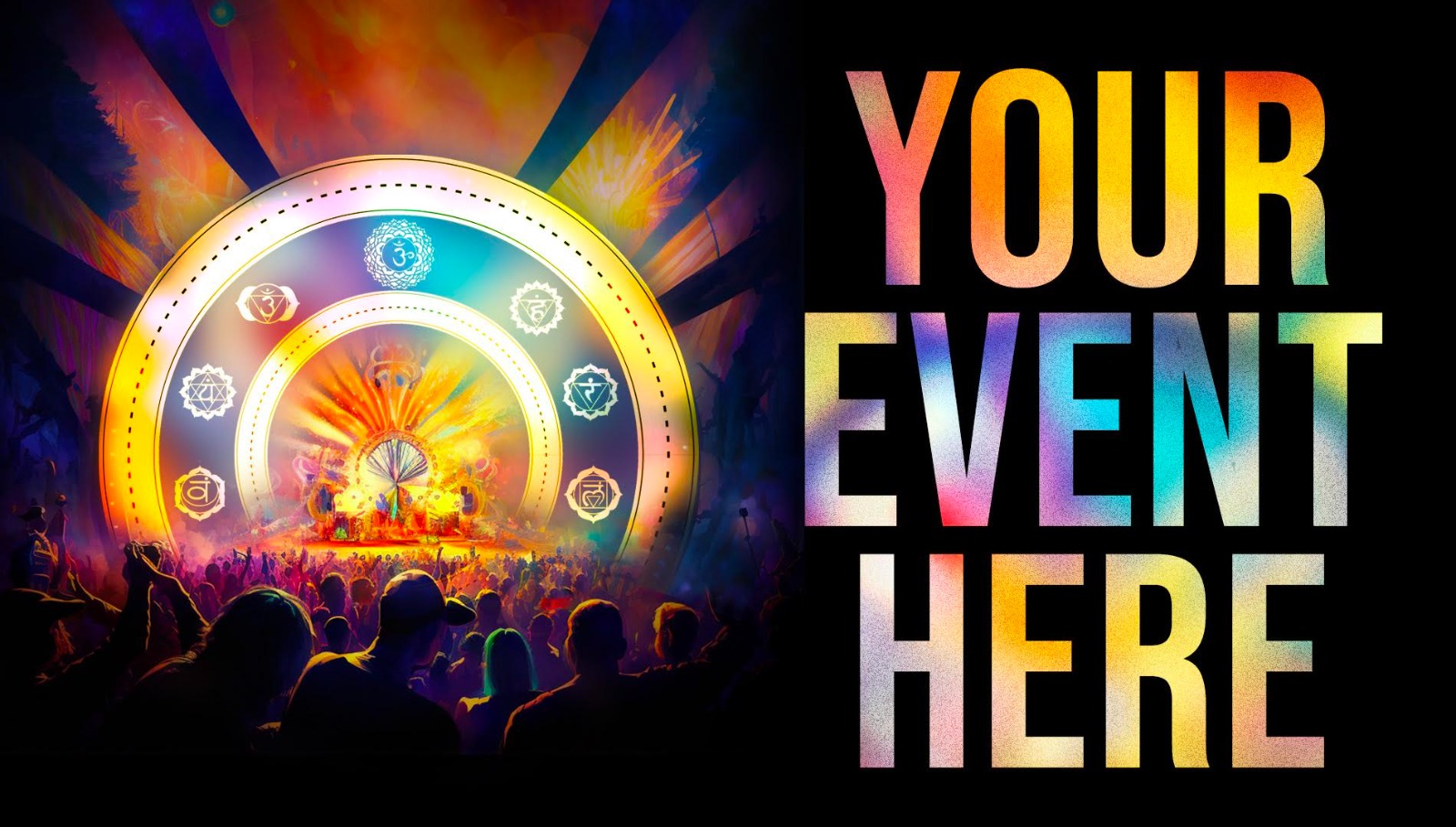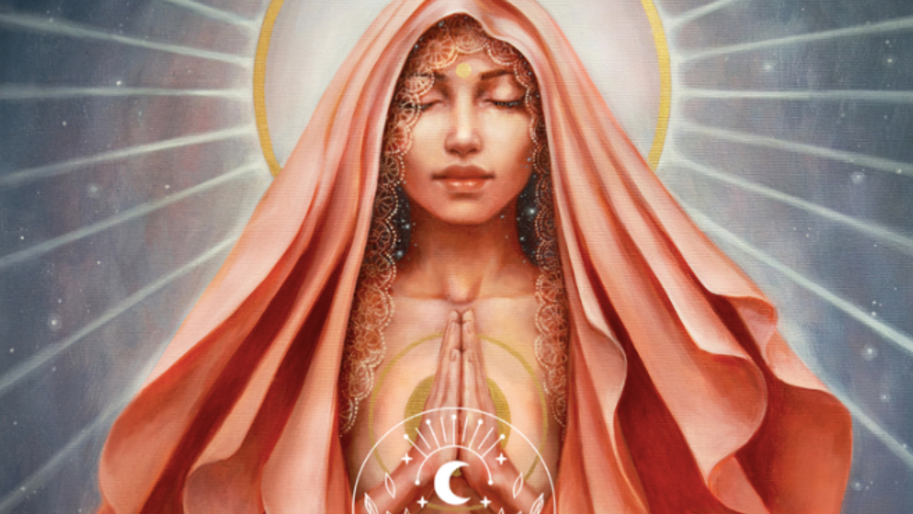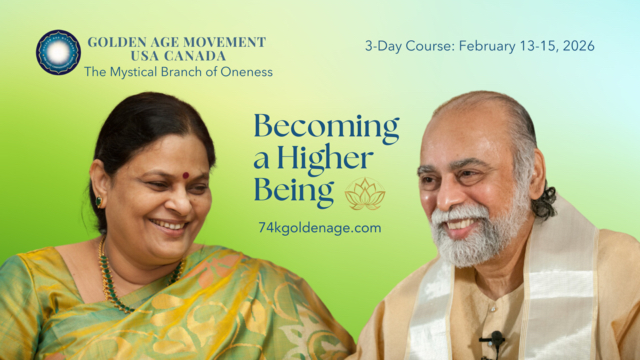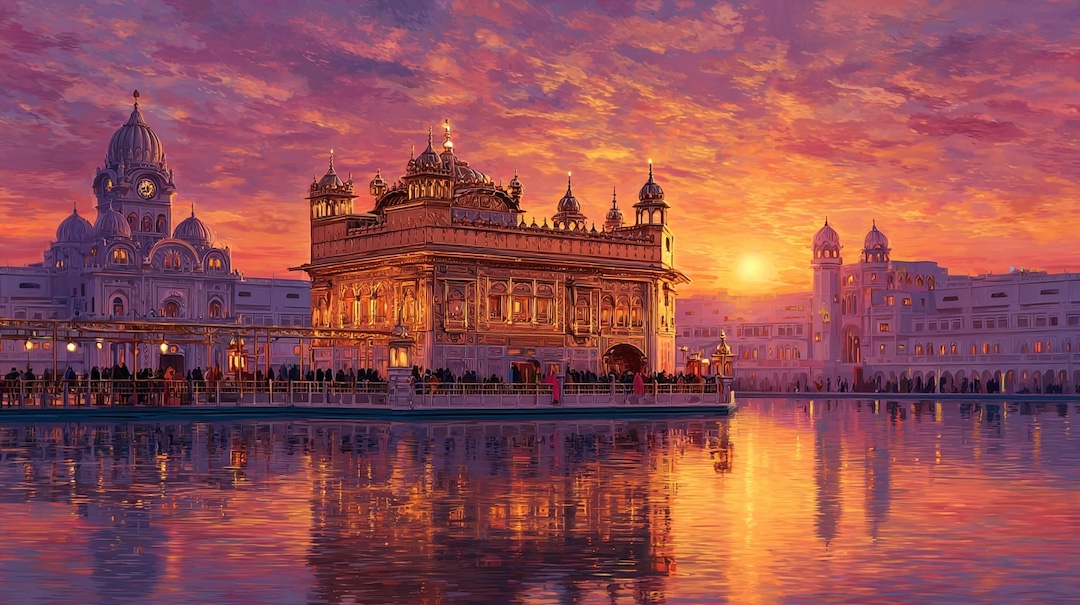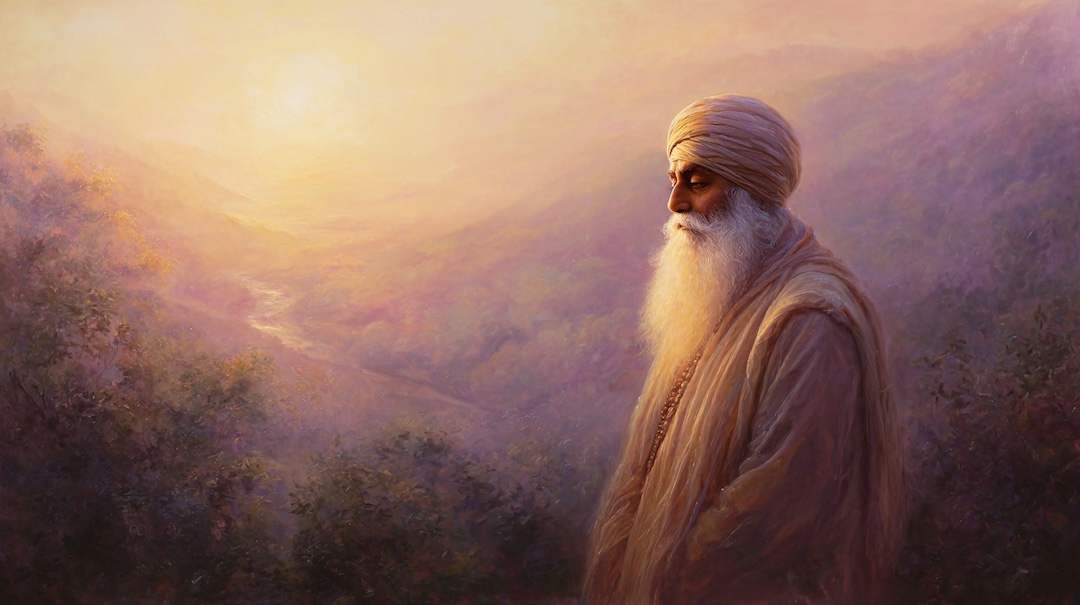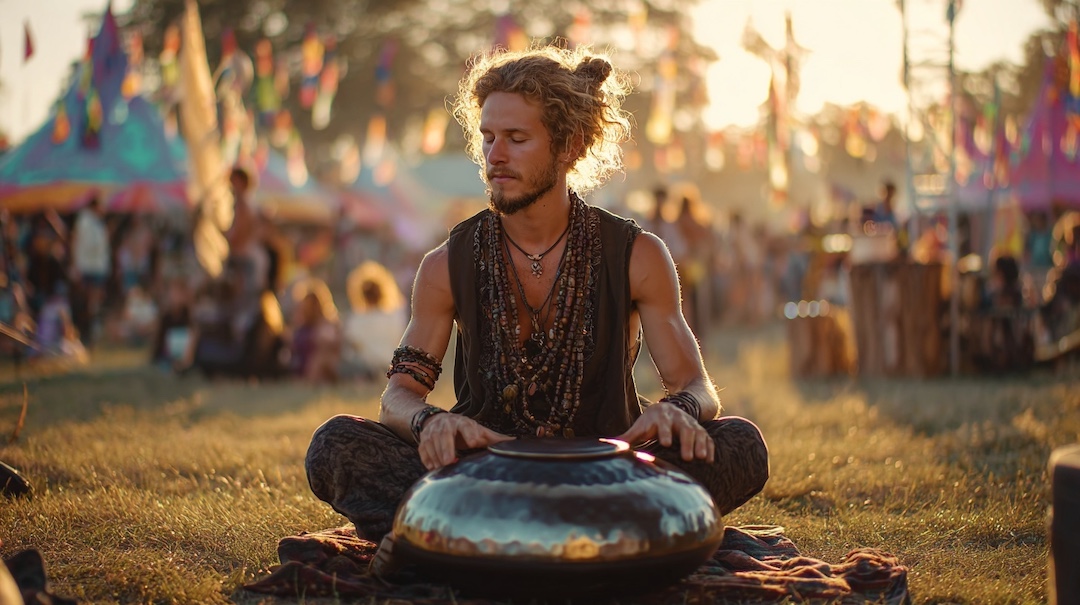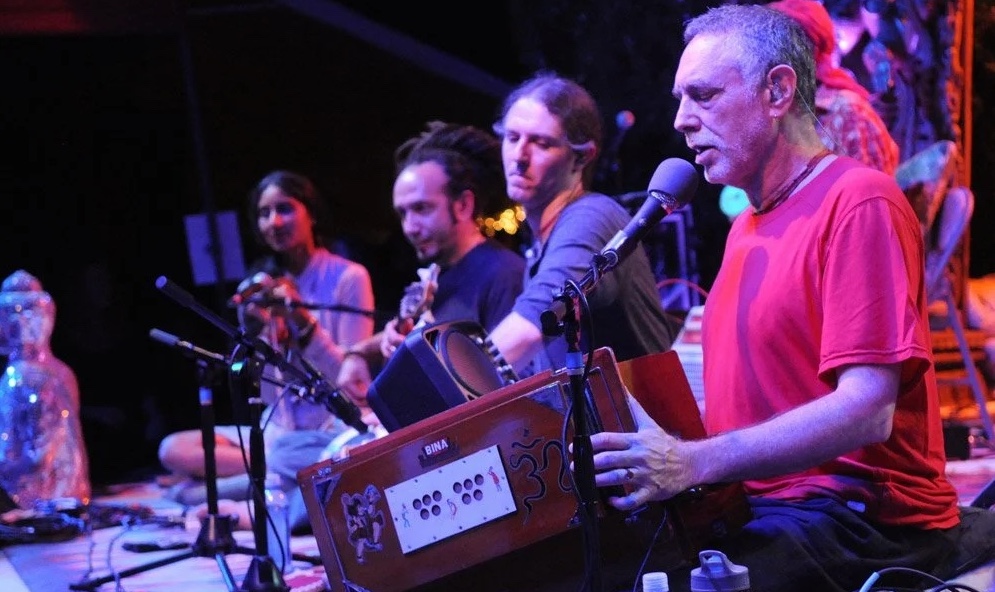
Celebrating what began in the desert and the vibration it continues to carry.
In the radiant light of the Joshua Tree desert, thousands once gathered not for entertainment, but for awakening. Bhakti Fest has long been recognized as one of the world’s most beloved kirtan and yoga festivals—a celebration of devotion where ancient mantra meets modern consciousness. Founded in 2009 by Sridhar Steven Silberfein, Bhakti Fest became a transformational meeting place for spiritual seekers, artists, and yogis alike—an environment free from alcohol and drugs, dedicated instead to love, service, and song.
For many, it was their first experience of kirtan under the desert sky, chanting with luminaries like Snatam Kaur, Krishna Das, Deva Premal & Miten, and Jai Uttal. For others, it was the moment they realized that music could be prayer, and prayer could be music. Over the years, this festival helped define what we now call the global Bhakti movement, influencing yoga studios, retreat centers, and spiritual gatherings around the world.
The Meaning of Bhakti Fest
The Sanskrit word bhakti means devotion, and Bhakti Fest was built on that single vibration—devotion expressed through music, movement, and unity. What began as a modest gathering soon grew into one of the largest devotional music festivals in the United States, blending kirtan, yoga, satsang, sound healing, and ecstatic dance into a weekend of transformation.
Everywhere you turned, the sound of sacred names filled the air—Govinda, Radhe Shyam, Ram, Sita Ram. The atmosphere was electric with heart energy, yet peaceful, grounded, and welcoming. It was as though the desert itself became a living temple.
Sridhar Silberfein described Bhakti Fest as a “spiritual Woodstock for the new millennium”—a conscious gathering where seekers could celebrate devotion without dogma. And it worked. Year after year, thousands returned to Joshua Tree for the chance to recharge, reconnect, and rediscover the essence of love through song.
The Artists Who Brought Bhakti to the West
No story of Bhakti Fest is complete without acknowledging the artists who carried its sound to the world. Snatam Kaur, with her luminous voice and presence, became a central figure in the festival’s evolution. Her concerts often brought audiences to tears—moments of collective stillness that felt like grace descending.
Krishna Das, the Grammy-nominated pioneer of Western kirtan, turned mantras into anthems of the soul. Deva Premal & Miten infused ancient Sanskrit chants with modern melodies, bridging East and West through harmony. Jai Uttal wove together Indian raga, reggae, and heart-fire rhythm to create a devotional sound both ancient and utterly alive.
Together, these artists became the heartbeat of Bhakti Fest—and of the worldwide kirtan and mantra music movement. Their songs remain the soundtrack to countless yoga classes, meditations, and morning rituals across the planet.
The Spirit of Seva: Service Through Devotion
In Sanskrit, seva means selfless service—and Bhakti Fest was seva in motion. Every aspect of the festival embodied this spirit: volunteers offering food with love, teachers sharing ancient practices, musicians performing not for fame but for the upliftment of all beings.
Bhakti Fest showed that service and joy are not opposites—they are the same vibration expressed differently. The same devotion that inspired artists to sing also inspired attendees to dance, meditate, and give back. The desert became a field of living Oneness, where everyone contributed to the shared offering of love.
That vibration of seva continues far beyond the festival grounds, flowing through countless spiritual gatherings and conscious community events worldwide.
A Pilgrimage of the Heart
Bhakti Fest is more than a festival; it is a pilgrimage. Attendees often describe life-changing experiences: the moment they first chanted Om Namah Shivaya with thousands of others, or the first time they meditated beneath the Joshua Tree stars.
It has become a rite of passage for countless devotees, yoga teachers, and seekers who wanted to feel the living pulse of Bhakti. Many say their spiritual journeys truly began there—and the reverberations continue long after the final drumbeat fades.
The Bhakti Legacy Lives On
Even as festivals evolve, pause, or transform, the Bhakti Fest legacy continues to inspire. The ripple effect is visible everywhere:
- In yoga festivals across the U.S. that now include kirtan and meditation.
- In retreat centers offering devotional music workshops.
- In the growing number of people searching for “kirtan events near me”, “yoga music festivals 2025”, and “Bhakti Fest California”—a testament to how this movement continues to expand.
What began as one gathering in the desert has become a worldwide network of spiritual celebration—a web of devotion that connects hearts across borders and generations.
The Flow of Devotion
Bhakti Fest has always been more than a festival—it’s a living current of devotion that continues to inspire gatherings and communities around the world. The same vibration that once filled the desert air now ripples through yoga studios, meditation halls, and hearts everywhere.
As new platforms of connection emerge, that sacred current finds new ways to flow—through online satsangs, conscious festivals, and the countless souls who carry its message forward. The essence remains unchanged: to serve through love, to uplift through music, to unite through devotion.
Carrying the Bhakti Flame Forward
As the world continues to evolve, the message of Bhakti Fest feels more relevant than ever: Love is the path. Devotion is the way.
Whether you find yourself chanting beneath desert stars, joining a global kirtan livestream, or attending one of the many spiritual festivals around the world, you are part of this living lineage of devotion.
Bhakti Fest lit the torch. The global Bhakti community keeps it burning.
So wherever you are reading this—from California to Copenhagen—know that the Bhakti current flows through you. Every mantra sung, every gathering shared, every act of service done in love adds to the same great song: One Planet. One Humanity. One Light.
